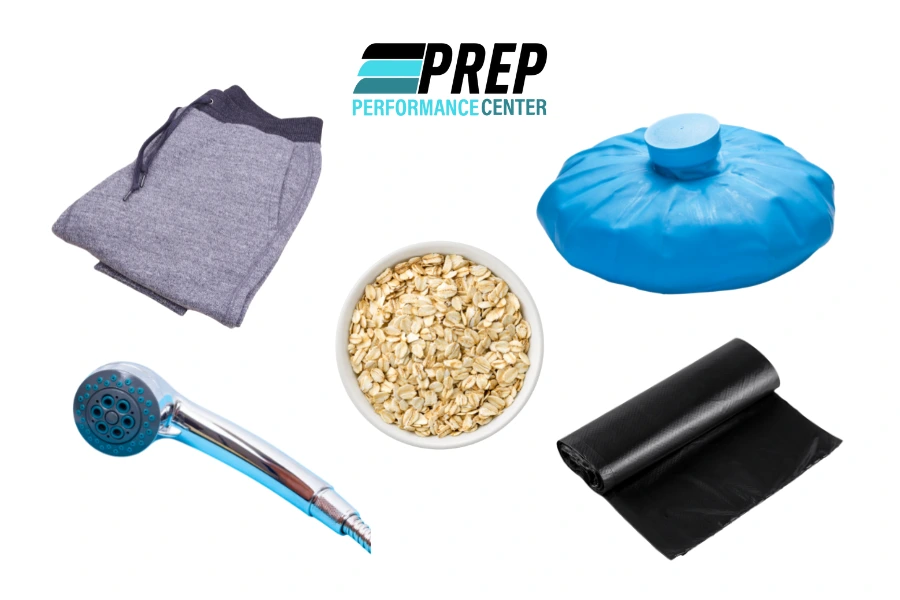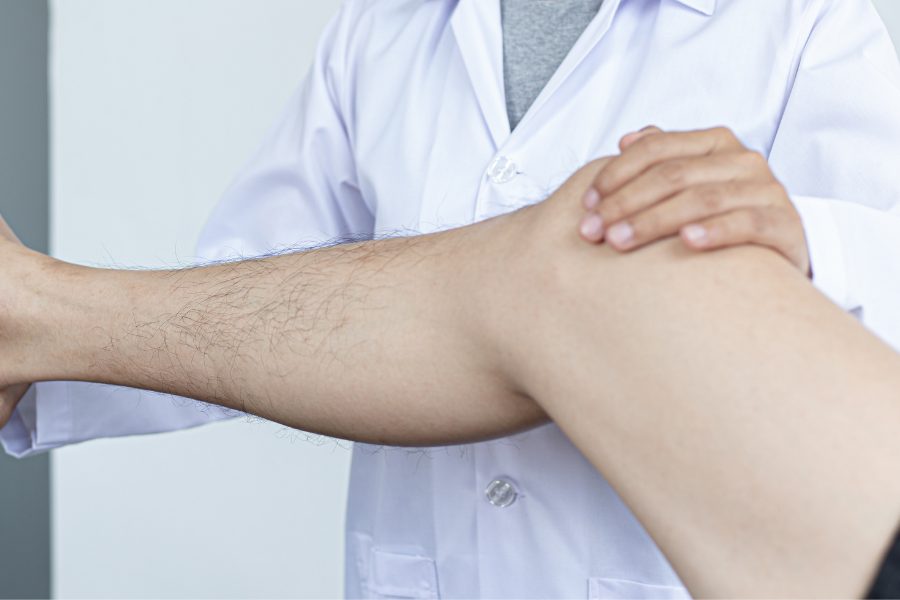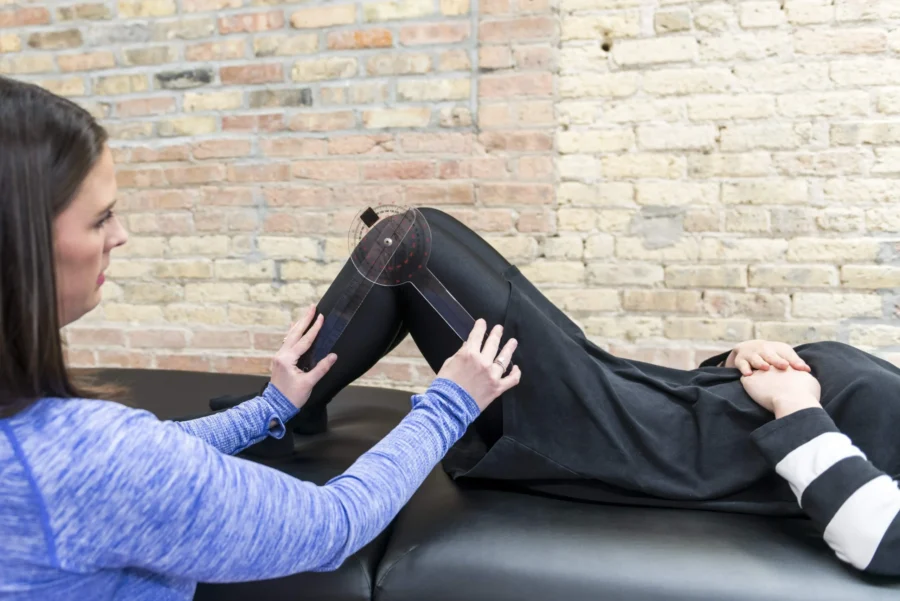Preparing for ACL surgery can seem intimidating, if not overwhelming. Here are a few suggestions on items you should have …


Preparing for ACL surgery can seem intimidating, if not overwhelming. Here are a few suggestions on items you should have …

Knee Crack | If you’re recovering from ACL surgery and worried whether the noises from your knee are a warning …

After diagnostic tests and physical examinations are complete, our Chicago physical therapists will design a specialized treatment plan based on your specific needs.